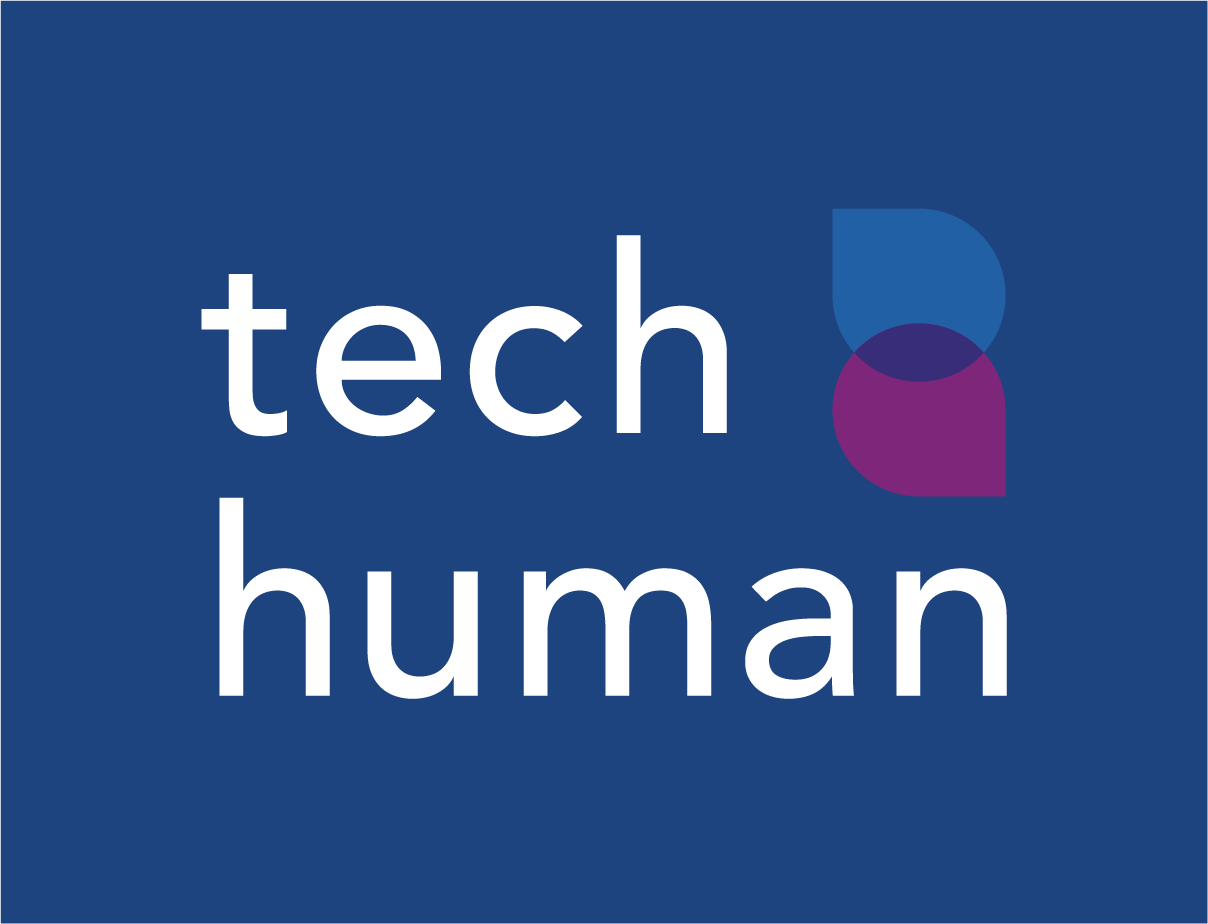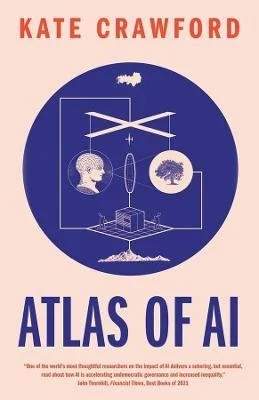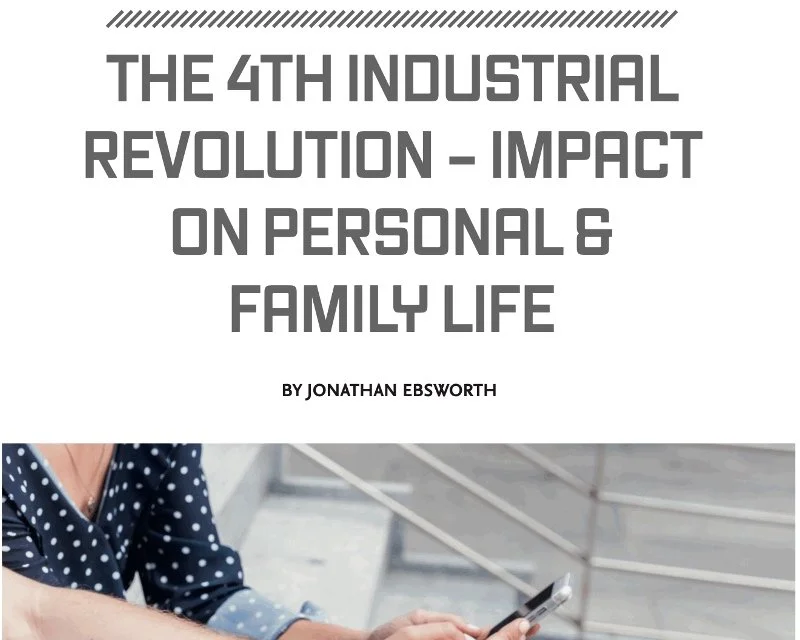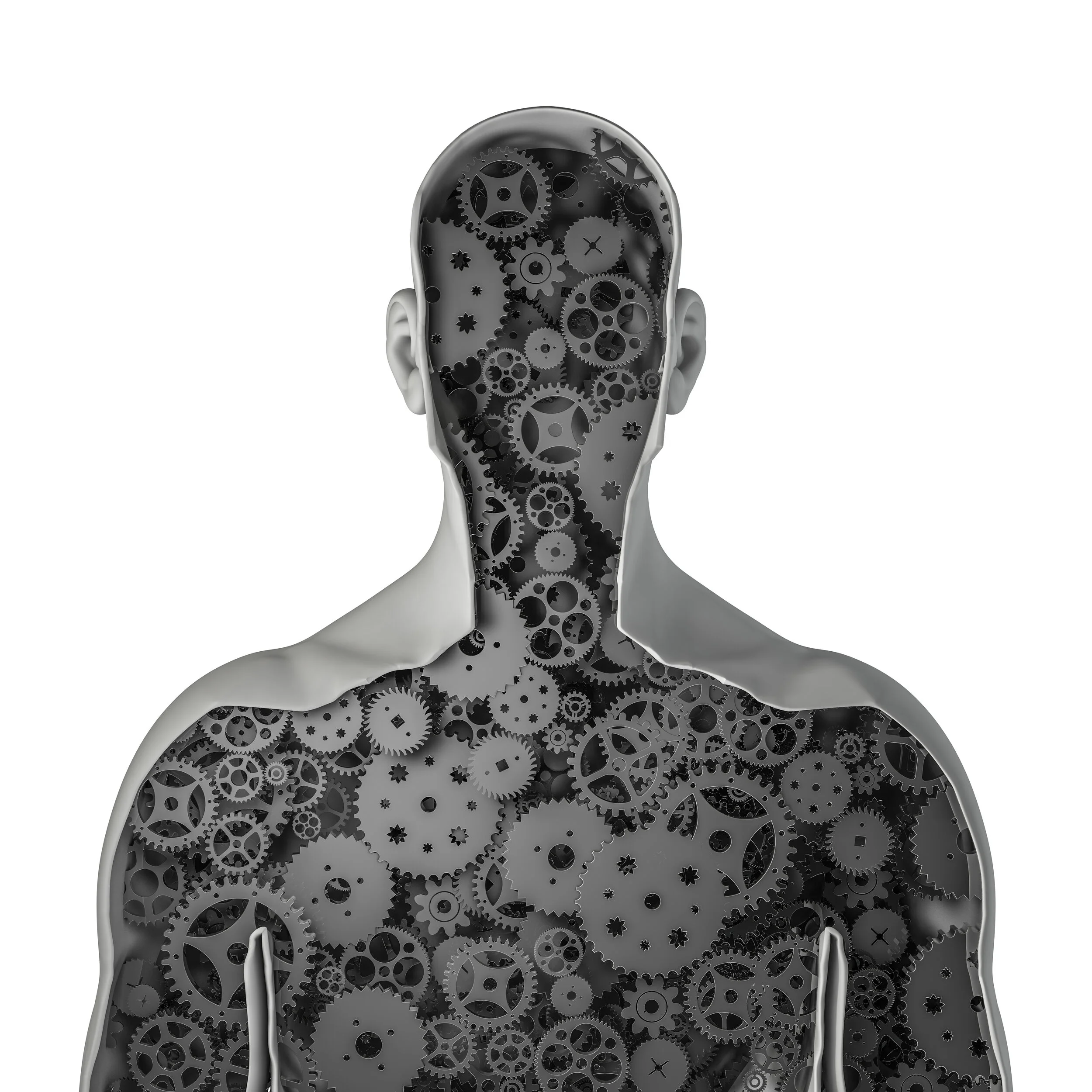
Latest Posts
The Australian Glen Scrivener opens; “Goldfish don’t see water. Goldfish see what’s in the water, they see what’s refracted through the water, but I assume (yes, assume – I haven’t done the proper investigations) that goldfish don’t see the water itself. And yet there it is. It’s their environment. Universal but invisible. It shapes everything they do and everything they see. But they don’t see it” .
His argument is simple – the same stands for us. As Westerners, we take many of the founding principles of our society for granted. We live in a peculiar culture – utterly different to the classical world of ancient times, different to undemocratic nations, different to theocracies as well. Why? Because our cultural norms are founded on distinctly Christian values.
ChatGPT has been creating quite the buzz ever since its launch in November 2022. Until recently, the massive developments in the world of AI were hidden under the cover of academic institutions or digital frontends of AI powered apps. With the advent of generative AI powered tools like mid journey for image generation or ChatGPT for text generation, the developments in this field have been exposed to the public. The newfound ability of the public to interact with these models using text prompts has dazzled them into an unprecedented realization just how far the field has progressed.
AI is neither artificial nor intelligent, rather, artificial intelligence is both embodied and material, made from natural resources, fuel, human labour, infrastructures, logistics, histories, and classifications. AI systems are not autonomous, rational, or able to discern anything without extensive, computationally intensive training with large datasets or predefined rules and rewards. In fact, artificial intelligence as we know it depends entirely on a much wider set of political and social structures. And due to the capital required to build AI at scale and the ways of seeing that it optimizes AI systems are ultimately designed to serve existing dominant interests. In this sense, artificial intelligence is a registry of power’
We are a generation living in the midst of AI development, and many of us have likely dreamed of how AI could make our lives easier by carrying out certain tasks and freeing up time for more meaningful pursuits. Sometimes we're surprised by just how far AI has already advanced, such as ChatGPT's ability to write a 900 words article in just 20 seconds. It can make us wonder why we bother writing ourselves and worry about potential typos and grammatical errors.
In this article, I explore the impact of Fourth Industrial Revolution technology on our relationships – with one another, those we love and with God
“Reality is that which, when you stop believing in it, doesn't go away.” This profound insight comes not from a philosopher but from the celebrated science fiction author, psychotropic drug enthusiast and mystic, Philip K Dick. There is an ultimate primordial difference between reality and falsehood, between truth and counterfeit. Falsehoods, lies, counterfeits, deceptions are invented by human minds. The truth just is - objective, independent of all beliefs and conspiracy theories, unalterable and unavoidable. And yet, in an era in which the black art of spreading disinformation has become ever more sophisticated, how on earth can ordinary people ever distinguish between truth and lies?
The Robot Will See You Now offers arresting insights into the role of AI in areas such as health care, employment, security, the arts and intimate relationships, and delves deep into cultural and theological issues. With experts considering how AI is perceived - and its impact on how we interact with one another - this enthralling book will benefit Christians who want to understand and prepare for the opportunities and challenges ahead.
As the Fourth Industrial Revolution ushers into a new era of artificial intelligence (AI) and virtual reality, how should we respond to the societal and ethical dilemmas associated with this new age of transformative scientific power? This research highlights the need for an ethical and globally shared view on how technology affects the economic, social, cultural and spiritual aspects of daily life. An international team have compiled this book, outlining consequences of the Fourth Industrial Revolution across a broad range of issues covering business and work life, for leadership, for media and communication, for churches and for personal and family life.
Andy Crouch’s “The Tech-Wise Family” was a major inspiration for the family’s section of the TechHuman initiative. We were most interested to see what Amy Crouch (Andy’s daughter) was going to say about her experiences growing up in a ‘Tech-Wise Family’.
Andy began the book by inviting us to “take hold of the life that is truly life”. To do that: to celebrate, to feast, to love then this is invariably best done in community, in relationship with other living human beings. It is only there that we can fully celebrate our triumphs, completely share in our sorrows, and find true encouragement from one another. It is in community and in family that we can be loved, accepted, and known. Digital technology offers a semblance of ‘comfort’ and ‘connection’ on a very grand scale; yet the reality it turns out to be a pale shadow of the real thing.
Esther Meek suggests that our first knowledge as human beings is the knowledge of being loved – in the wombs, at the breast, in the embraces of our mothers. This first knowledge, she suggests, is paradigmatic for all of our knowing. To know follows being known; being known is woven into being loved…this can shape our whole epistemology as scholars – shaping our understanding of knowing as a human being in all of life.
The failure of the public examinations grade awards across the UK in 2020 offers a compelling case-study in the risks of large-scale public application of algorithms to decision-making (or recommendation). I believe this demonstrates clearly the need for robust, independent review and certification of algorithms prior to live use – with focus on the impact of recommendations/decisions on individuals who are the subjects of these tools.
#Quaranscreened during Covid-19
Parenting during this time of social isolation at home has particular challenges. We are trying to juggle childcare, work, household chores and emotional roller coasters. Three cheers for technology to help us survive this time! And yet we know that the same screens that can be a beautiful lifeline – a way to work, learn, connect with others, get news updates and much needed comedy breaks – can accidently cause unintended side effects.
In general, I try to avoid posting links to resources hosted on Google or Facebook platforms. However, I came across an exceptional, comprehensive, crowdsourced document gathering a huge range of resources for churches trying to ‘stay connected’. It is being crowd-sourced in a Google Document and is more useful to you as a live link to that document - which is still being updated
Many churches in Australasia, Europe and the US are being forced to move their services online. This is just one aspect of ‘digital church’. We want to gather some useful resources and insights, and we intend to publish some reflections on the lessons we learn. We thought this article from Christianity Today published last week, provides helpful starting point.
On February 17 2020, BBC Panorama Program explored the rise of Amazon and their strategy for growth, driven in part by ‘obsessive data gathering’. This is a powerful example of Surveillance Capitalism, and Shoshana Zuboff, Roger McNamee and Meredith Whittaker all appear on this informative and disturbing documentary.
Adam Alter is a psychologist and writer, currently based at New York University’s Stern School of Business. His academic research focuses on social psychology, judgment and decision-making, with an interest in the effects that subtle cues in the environment can have on human cognition and behaviour.
‘Irresistible’ is broken into three sections:
1. what is ‘behavioural addiction’?
2. ingredients of behavioural addiction; and
3. some possible solutions.
We are citizens in God’s kingdom and members of God’s household, and we are members of earthly families and households, part of neighborhoods, communities, and nations. The way of faithfulness for us is not fundamentally different than it is for any person: seeking to love God and our neighbor with our whole heart, soul, mind, and strength, by repenting and believing the good news.
I looked forward to the release of this book in late 2019. It promised to address similar ground to Shoshana Zuboff’s, “The Age of Surveillance Capitalism”; but being written by a journalist, I hoped it might be more accessible and, as billed in the launch documentation, offer solutions to the evil implied by the title. At the risk of playing my cards too early – the book is more accessible than Zuboff’s, but it offers little in terms of specific solutions to the problems she describes.
This is a rare book: a theology of digital technology written by someone who is both a serious technology practitioner and a professional theologian. Published by IVP Academic, this is quite a serious book. It will be of interest to Technology Professionals interested in Theology and Philosophy; or to Theologians who want to explore the place of Technology in creation, our culture and our daily lives.
We very much like the work of START in the USA. START is a grassroots, community organisation which was started in Kansas City, by Krista Boan and Tracy Foster. They have been running workshops for over a year now, and have reached over 3000 people with their practical message of hope for the parents (and grandparents) of digital natives.
We live in times that are reshaping the nature of work, communication, even humanity.
Many call this the early stages of the fourth Industrial Revolution – this time powered not by steam power but by digital innovation. How can we ensure that our contributions to this exciting journey are positive and reflect God’s glory?
If you want to understand why so many smartphone applications seem to be ‘addictive’ – this book explains, with devastating simplicity how it is done. Nir Eyal graduated from Stanford University Business School. Eyal researched what was happening empirically and from that he identified a core pattern that seemed to underpin all ‘successful’ solutions of this type, which he described and called the ‘Hook Model’
Interactions with apparently human-like and ‘emotionally intelligent’ AIs are likely to become commonplace within the next ten years, ranging from entirely disembodied agents like chatbots through to physical humanoid robots. This will lead to new and troubling ethical, personal and legal dilemmas.
When you pick up this little book, with its bright red cover it seems quite innocuous. It’s only just over four hours as an audiobook. I expect that it will provoke strong responses in many readers with its challenging, personal examination of the potential impact of technology on family life, and how you might go about keeping it in its proper place.
Collectively, we have been talking with a wide range of specialists across many disciplines. There is massive interest in these issues. In some areas we have found unquestioning enthusiasm, in other areas quiet concern. Some people we speak with are frightened at the scale and pace of change.
Speed of change and unforeseen consequences - it's only 11 years since the first Apple iPhone was launched. Nobody foresaw how smartphones would change our world and our behaviour. An infamous slogan of Silicon Valley is "Move fast and break things" - the naïve assumption is that disruption is always positive.
We are in the relatively early stages of a global ‘Digital Revolution’. Technology is driving unprecedented changes across most aspects of life and work. The pace and scale of that change is accelerating relentlessly. The combination of always-connected devices, Big Data and Artificial Intelligence (AI) are combining to change human life irreversibly.
Human beings have always tried to understand themselves by comparison with the leading technologies of the time. For many centuries of the medieval period and beyond precision clockwork mechanisms represented the pinnacle of technological creation, and it seemed obvious to many thinkers that the human body must represent some kind of clockwork mechanism.
Carl Frey is an economist at Oxford University where he directs the Future of Work programme at the Oxford Martin School. He was the co-author of an influential 2013 paper entitled “The Future of Employment. How susceptible are jobs to computerisation?”. His recent book continues the same theme, analysing the effects of increasing automation on different types of employment, but from a practical and well-informed historical perspective.
Shanahan is Professor of Cognitive Robotics at Imperial College London, and writes with authority and clarity about the possibility of a “singularity” in information technology, a sudden and disruptive increase in AI capability which would have unique and transformative effects on human history.






























